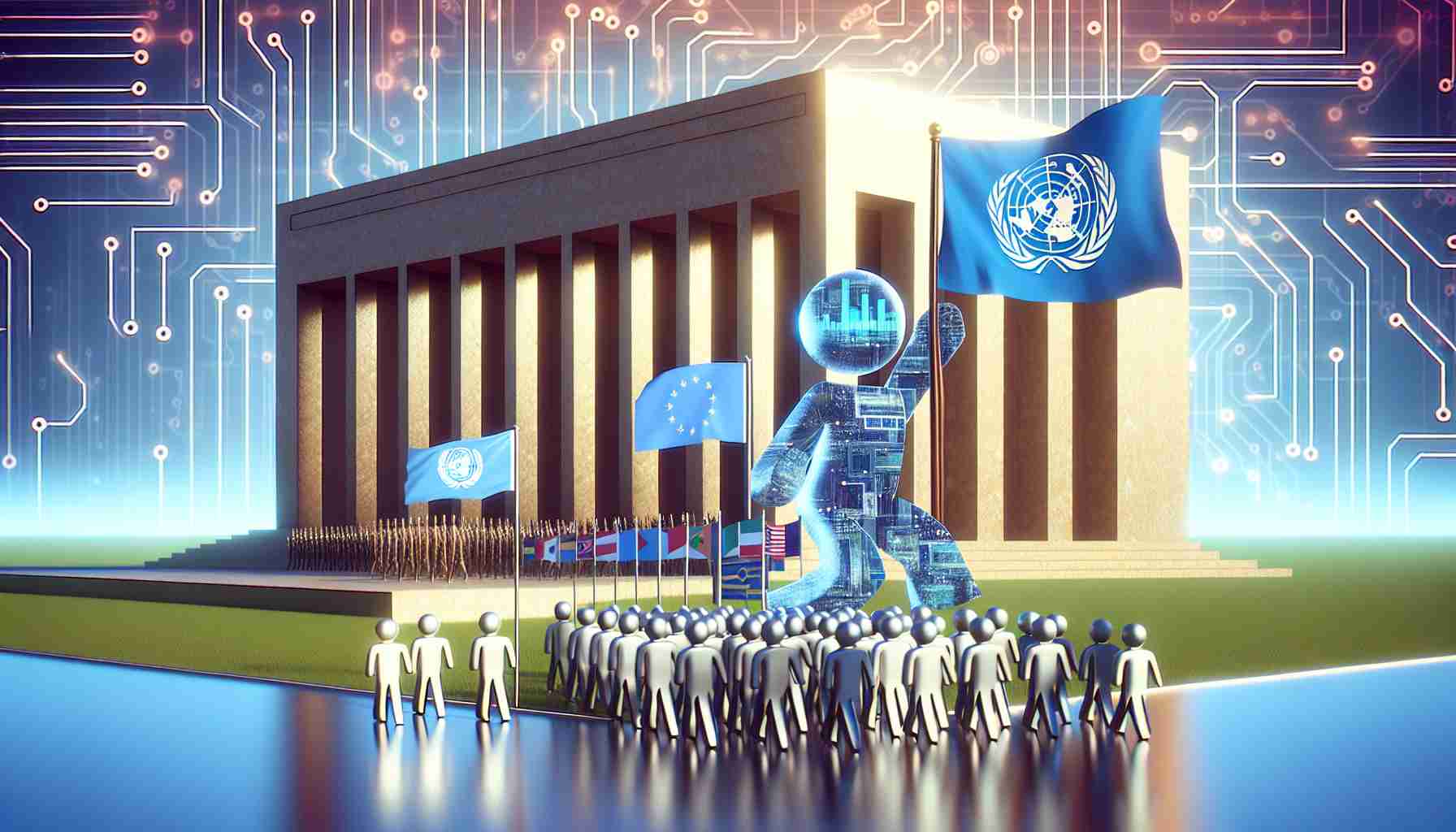In a groundbreaking turn of events, the global community is embarking on a collective effort to redefine the regulatory landscape surrounding artificial intelligence (AI). While the United States has been a key player in initiating discussions on this issue, a wave of innovation and collaboration is sweeping through international forums to shape the future of AI governance.
The initiative to formulate a United Nations resolution dedicated to the development and oversight of AI technologies marks a pivotal moment in history. Beyond mere rhetoric, this resolution symbolizes a concerted commitment to prioritizing safety, security, and accessibility in the realm of AI, with a particular focus on bridging the digital gaps that divide nations.
As societies worldwide confront the accelerating pace of technological advancement, the draft resolution underscores the critical importance of harnessing AI capabilities for the greater good. From enhancing disease detection and disaster prediction to revolutionizing workforce training, the potential applications of AI in addressing global challenges are vast and multifaceted.
With an eye towards the future, the resolution advocates for a comprehensive framework that promotes international cooperation and consensus-building on the responsible deployment of AI systems. Recognizing the evolving nature of AI governance, the resolution sets the stage for ongoing dialogues and collaborations to refine regulatory approaches and ensure the ethical use of AI technology.
While the draft resolution is not legally binding, its symbolic significance cannot be understated. By articulating a vision for leveraging AI to advance the United Nations’ sustainable development goals for 2030, such as eradicating hunger, improving healthcare, and advancing education, the resolution underscores the transformative potential of AI in shaping a better world for all.
Amidst these global efforts, various nations and organizations are actively engaged in shaping regulatory frameworks tailored to their specific contexts. From the European Union’s comprehensive AI rules to the United States and China’s regulatory initiatives, the momentum towards ensuring the responsible use of AI is palpable on a global scale.
In alignment with President Joe Biden’s vision of harnessing emerging technologies for societal benefit, U.S. Ambassador Linda Thomas-Greenfield emphasizes the imperative of fostering consensus on a shared approach to AI governance. This resolution represents a pivotal step towards realizing a future where AI serves as a force for positive change while mitigating potential risks.
Часто задаваемые вопросы
The source of the article is from the blog kunsthuisoaleer.nl
